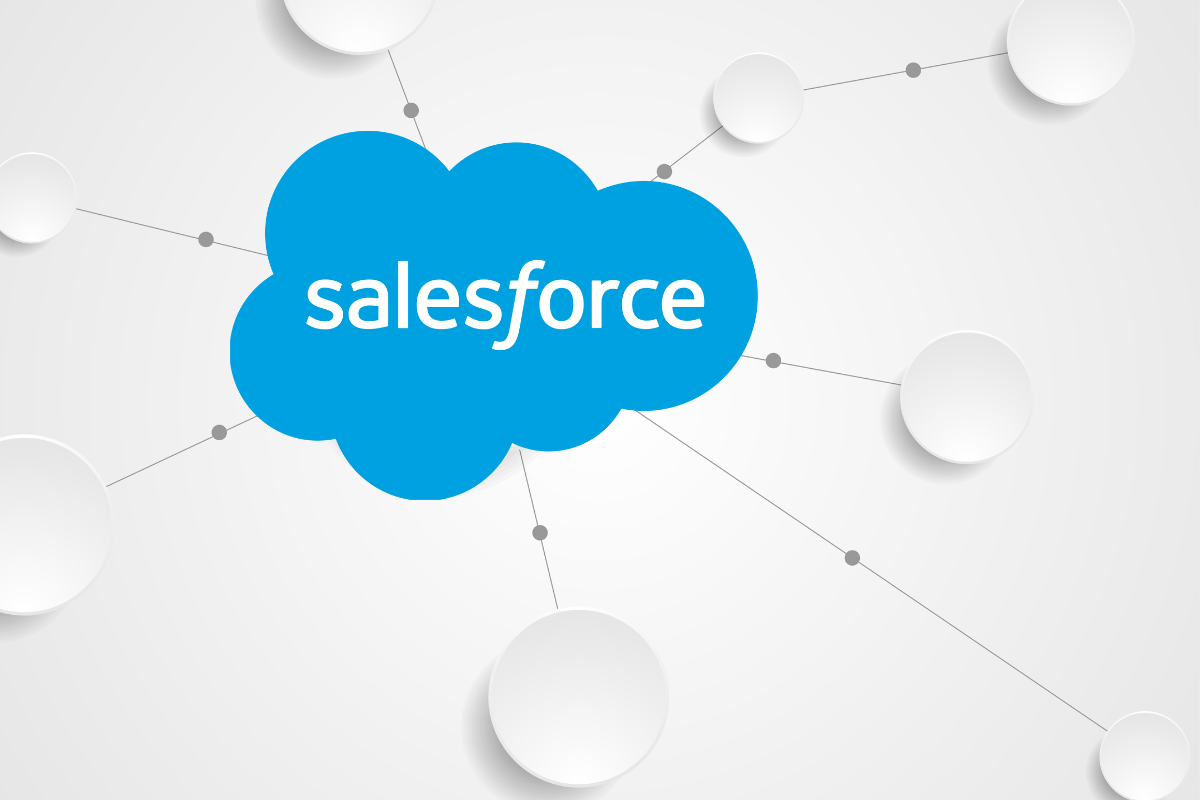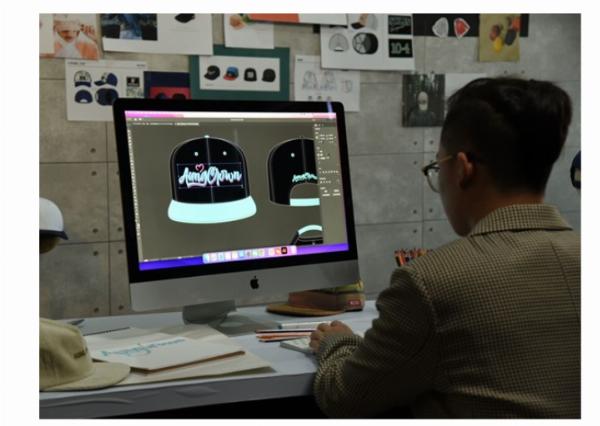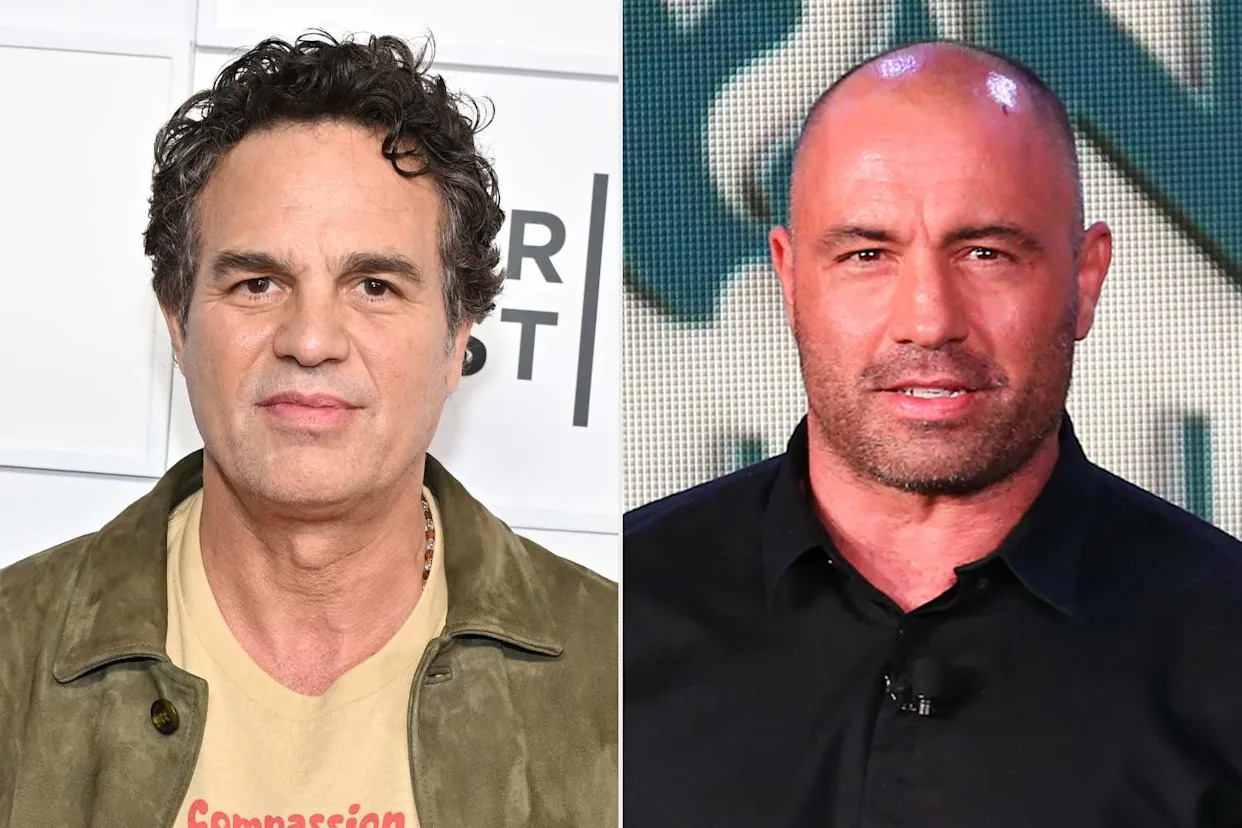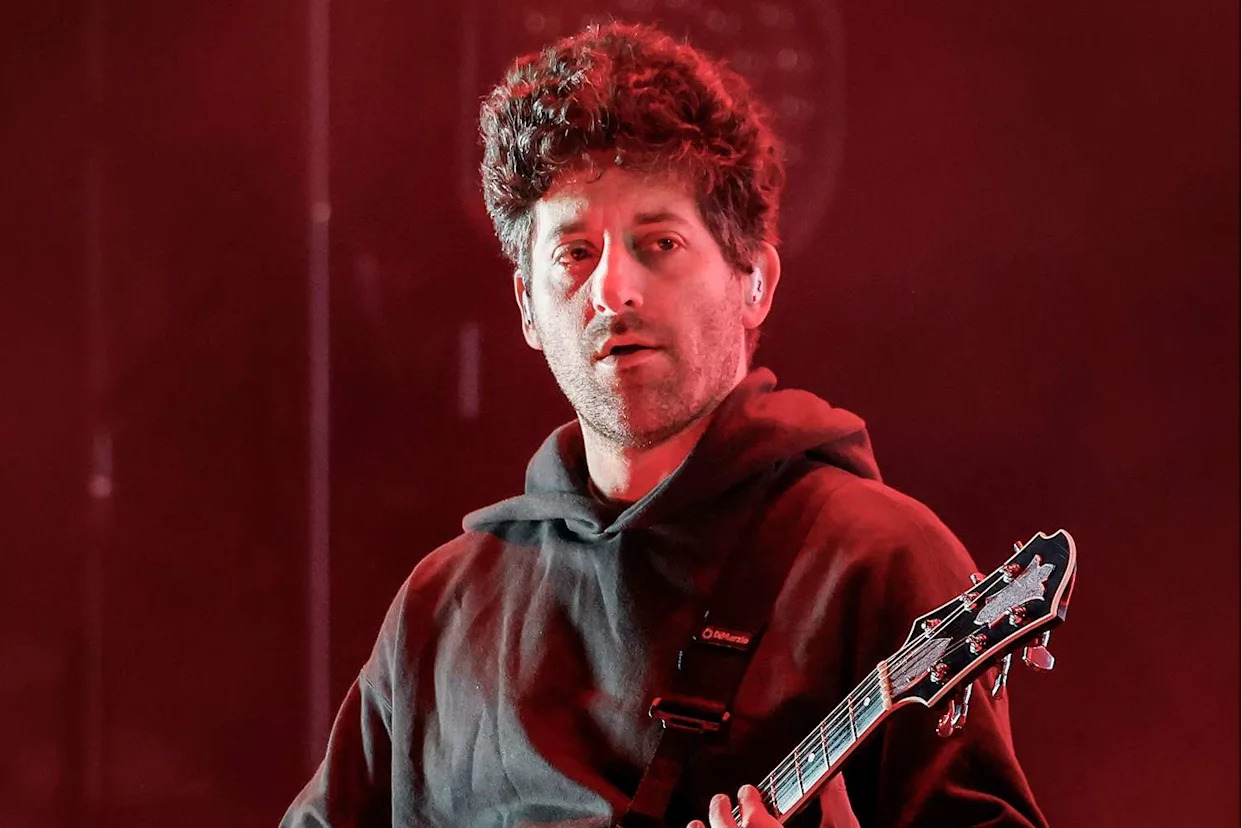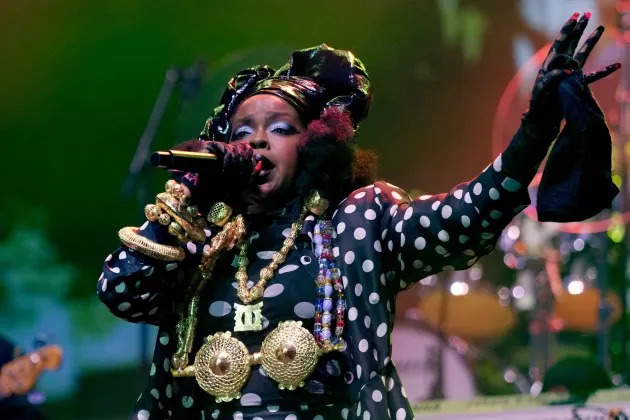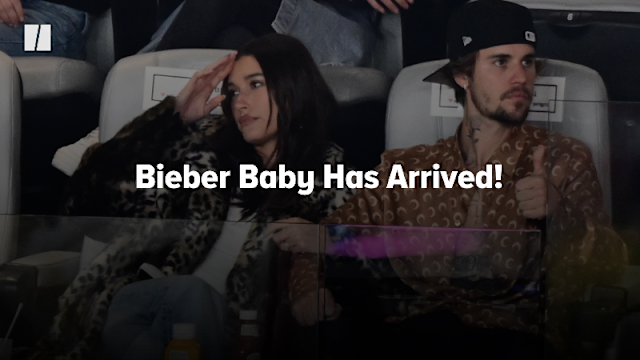AI In Music Is Already Here, But Its Lack Of Depth Hits Some Sour Notes – Guest Column
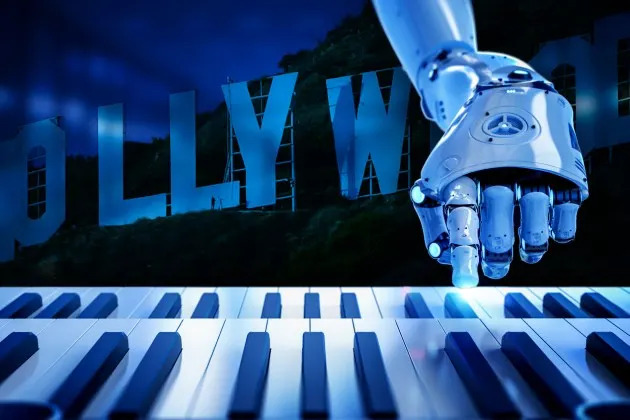 Yahoo is using AI to generate takeaways from this article. This means the info may not always match what's in the article. Reporting mistakes helps us improve the experience.Generate Key Takeaways
Yahoo is using AI to generate takeaways from this article. This means the info may not always match what's in the article. Reporting mistakes helps us improve the experience.Generate Key Takeaways
Editor’s note: The promise and peril of artificial intelligence has captivated Washington D.C., Silicon Valley, Wall Street and Hollywood. Composer Michael Yezerski has taken a hands-on approach to it: The author of the score of the likes of the Oscar-winning short The Last Thing, Blindspotting (the movie and the series), Sean Byrne’s The Devil’s Candy, this year’s Dangerous Animals and the just released Liam Neeson-starring Ice Road: Vengeance put the tech to the test, as he details in a guest column for Deadline.
The other week at a party, I was asked by a picture editor if I am feeling the threat of AI.
More from Deadline
Senate Strikes AI Moratorium From Donald Trump’s “Big, Beautiful Bill”
Visual Effects Pioneer And Moonvalley Exec Ed Ulbrich On Industry’s Embrace Of AI: “The Stigma Is Going To Be Gone”
Ari Aster Talks "Very Frightening" Future Of AI As Some Treat The Tech "As A God"
AdvertisementAdvertisement#«R26ekkr8lb2m7nfddbH1» iframe AdvertisementAdvertisement#«R46ekkr8lb2m7nfddbH1» iframeI honestly replied that I am not. But then he told me that he uses AI music generators in his everyday work as a picture editor for commercials and all of a sudden, I felt threatened. I found the conversation sobering, but it spurred me to look further into the world of AI Music Generators (websites that write music for you based on a prompt). Now I have questions but I don’t have any answers.
AI Music is here and it’s here to stay. I think that much is clear.
At the moment, the technology is still nascent, and it is impressive for what it can do already (The Velvet Sundown, anyone?). But will it ever surpass human musical achievement? I have my doubts.

Using the AIs, I generated a raft of instrumental tracks in a variety of styles (sticking to instrumentals because they are the most applicable to my work). The electronic tracks (EDM, dance pop, etc) were quite impressive, whilst I found cinematic and classical tracks to be less so. I have to assume that this is only temporary and that the models will soon turn their focus to more complex musical structures.
AdvertisementAdvertisement#«R2cekkr8lb2m7nfddbH1» iframe AdvertisementAdvertisement#«R4cekkr8lb2m7nfddbH1» iframeI found that the AIs were able to churn out derivative dance, pop, basic rock, metal, punk with relative ease and incredible speed. Now these don’t feel human (yet) but you can’t exactly write them off either. I could see a world where certain filmmakers gravitate to some of these options. However, to my ear, they can’t yet replicate the very real energy that a live band or a real piano player would bring to the same scene and harmonically they all feel a bit odd.
I can see real value in music professionals using some of these AIs as idea generators. In certain styles, they are a quick way to get around writer’s block. Even so, all the tracks contained choices that I would never make in my own style as composer, and right now, the interfaces do not allow for the kind of changes that I would want.
Of course there are very real issues of copyright ownership and moral rights here. Whose music have these AIs been trained on? The Society of Composers & Lyricists, the Songwriters Guild of America and Music Creators North America are warning their members about the serious implications of assigning the rights to AI companies to train off their own music. And right now, there is a fierce campaign in Washington aimed at curbing AI companies’ request to label all content as “fair use” regardless of copyright ownership. It should be noted here that a 10-year moratorium on states passing their own laws regulating AI was removed from the budget bill before it passed last week.
I understand the desire to train on existing works. It’s almost human.
AdvertisementAdvertisement#«R2iekkr8lb2m7nfddbH1» iframe AdvertisementAdvertisement#«R4iekkr8lb2m7nfddbH1» iframeThe dilemma for all composers is that we do start out by imitating the writers we admire. We are looking for the secret formula, convinced that there actually is one. But over time, the only secret that I’ve found is that there is no secret. Does anyone really know why a particular song goes viral? Or why a great score works so well that it gets used as temp music in countless successive productions? We know great music when we hear it, creating it is hard.
James Cameron recently suggested that we should be focusing on the output of these AIs and not the training. I agree to a certain extent and I worry that a picture editor, with a knowledge of music that is nowhere near that of a professional musician, may not recognize when an AI has unintentionally committed a copyright violation. I could foresee a scenario whereby a piece of music will be synced to picture, broadcast, and then called out (resulting in a tricky battle of ownership and responsibility).
Music is that most human of communications.
A language built of thousands of little mistakes, accidents and inconsistencies that, at its very best, is transformative and life-affirming to the human ear. Great music triggers an emotional response that can evoke core memories, peak experiences and foster feelings of community and intimacy with others. When I write, it’s often the happy accidents, mistakes and weird connections that end up defining the score (like in Dangerous Animals, where we really had to break the mold to find the exact sound for the “shark scream” – a combination of wailing strings, performing a difficult glissando, accompanied by analogue synths).

So while I may start in one direction, often something unexpected happens and I end up improving on the sound based on my own cultural, historical and contextual knowledge. Will an AI ever be able to do that? Can AI innovate or only emulate?
AdvertisementAdvertisement#«R2pekkr8lb2m7nfddbH1» iframe AdvertisementAdvertisement#«R4pekkr8lb2m7nfddbH1» iframeAnd this is where I think composers and performers have their argument.
Can an AI spend seven months with a director honing, searching, defining and redefining a sound for their narrative masterwork (not to mention providing emotional support during that time!)? Can an AI engage interesting and unusual performers to bring the music to life like Hans Zimmer does? Can an AI take all of our contemporary cultural knowledge and turn it into song lyrics that delight and surprise us like Lin-Manuel Miranda does?
As composers, we are specialists and we have immersed ourselves in an evolving language that is thousands of years old. That language thrives on innovation and falters when it becomes stale and repetitive. AI Music Generators have made it incredibly easy to “re-create” sounds on a never-before-imagined scale.
But that is never where the goalposts were.
AdvertisementAdvertisement#«R2uekkr8lb2m7nfddbH1» iframe AdvertisementAdvertisement#«R4uekkr8lb2m7nfddbH1» iframeFor me at least, I’m always looking further out.
Best of Deadline
2025-26 Awards Season Calendar: Dates For Tonys, Emmys, Oscars & More
The 2025 Oscars: Everything We Know So Far About The Nominations, Ceremony, Date & Host
Feature Films That Began As Shorts: Watch The Originals Including ‘Whiplash’, ‘Napoleon Dynamite’, ‘Reservoir Dogs‘, ‘Saw’ & More
Sign up for Deadline's Newsletter. For the latest news, follow us on Facebook, Twitter, and Instagram.


